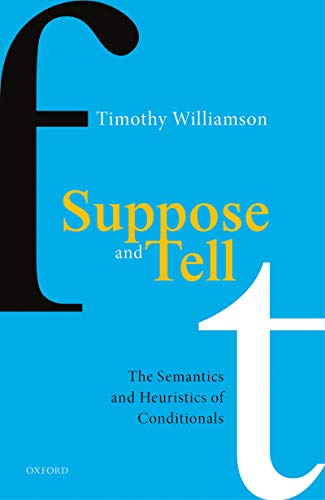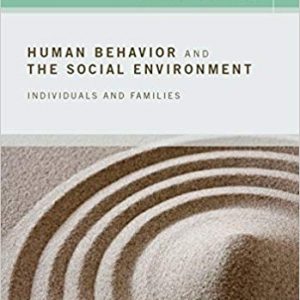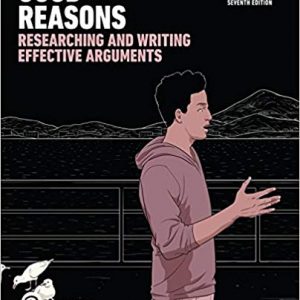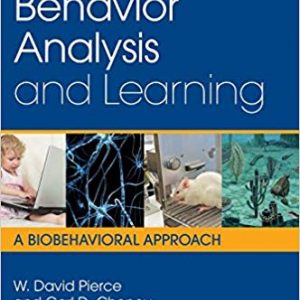What does ‘if’ mean?
It is one of the most repeatedly used words in the English language, in itself a symbol of the significance of conditional thinking to human cognitive life. We ask conditional questions, make conditional statements, and issue conditional orders. We need to think and talk for the time being for many purposes, from daily decision-making to mathematical proof. Still, the meaning of conditionals has been discussed for several years.
Suppose and Tell (PDF) brings together ideas from linguistics, philosophy, and psychology to present a debatable new approach to understanding conditionals. It maintains that in using ‘if’ we rely on psychological heuristics, methods which are frugal and fast and mostly, but not always, reliable. Thus, philosophers and linguists have been led off track in theorizing about conditionals through trusting faulty data produced by such methods and hastily rejecting simple theories on the ground of merely apparent counterexamples. This ebook shows how one such simple theory of conditionals can define the data, and draws wider suggestions for the nature of meaning and its non-transparency to native speakers, ambiguity in thought and language, and the necessity for semantics to attend to the unpredictable heuristics underlying our judgments.
NOTE: The product only includes the ebook Suppose and Tell: The Semantics and Heuristics of Conditionals in PDF. No access codes are included.






Reviews
There are no reviews yet.